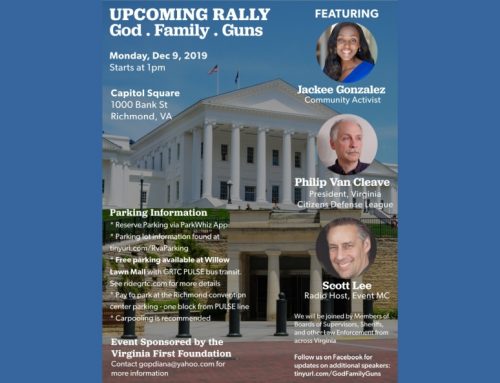As a newly minted political writer, I have been closely watching President Obama’s approach to the media, keeping in mind his promise of “fundamentally transforming the United States of America.” And true to his standard form, his strategy is murky, making it easy to miss the enormous dangers of what he is pursuing.
It’s become clear that the only way he can ever pass portions of his transformational agenda is to keep the public from knowing the details. He says one thing – or nothing at all – to keep America confident in his policies, but then implements something either completely different or the exact opposite of what he promised.
The good news, though, is that America is finally starting to wake up. Even if they don’t see the fullness of the truth, they know something is wrong and they’re following the President’s actions more closely. Which means they’re more willing to listen to what we have to say.
With all this in mind, I pass along the following quick hits about his information control strategy – which has the potential to gut freedom of speech – so you can be informed and ready to share this information with other concerned citizens.
I’ve already posted on the DISCLOSE Act, which could have a significant impact on the Tea Party’s freedom to speak its collective voice. (This legislation was pulled from the House, but it will return once its supporters get their act together.) This is merely the beginning – one link in a long chain that could strangle the first amendment.
From The Hill, Dick Morris discusses the hidden danger that government subsidies for media organizations – something Obama’s Federal Trade Commission chairman Jon Leibowitz is actively pursuing – represents:
“By now, the Obama MO should be clear to all. As he has done with the banks, AIG and the car companies, he extends his left hand offering subsidies and then proffers his right laden with regulations. Should the government follow through on Leibowitz’s ideas and enact special subsidies and tax breaks for news organizations, it will induce a degree of journalistic dependence on the whims of government not seen since the days when the early presidents bestowed government advertising on favored periodicals.
Is it too difficult to imagine that the Democrats might pass laws favoring news organizations, only to question — as former White House communications director Anita Dunn did — whether or not Fox News is a news organization or an “arm of the Republican Party”? We can see a future in which news media are reluctant to be too partisan or opinionated for fear that they would endanger their public subsidy.”
Next, The Daily Caller describes the influence Free Press – an organization lobbying for a media that would end up anything but free – is having at the FTC:
“Only government can implement policies and subsidies to provide an institutional framework for quality journalism.” Does that statement give you chills?
How about this one: “The news is not a commercial product. It is a public good, necessary for a self-governing society. Once we accept this, we can talk about the kind of media policies and subsidies we want.”
Or this one? “In the end, there is no real answer but to remove brick-by-brick the capitalist system itself, rebuilding the entire society on socialist principles.”
These are the sentiments of Robert McChesney, a self-professed neomarxist media scholar and the founder of the lobbying group and think tank Free Press. McChesney’s statements should worry you, perhaps even fill you with dread. Not because the rantings of a lefty professor are particularly scary in and of themselves, but because McChesney’s views are having a direct effect on the Obama administration’s policies on the media. Don’t believe it? Check out a recent report from the Federal Trade Commission entitled, “Potential Policy Recommendations to Support the Reinvention of Journalism.” Portions sounds like they were written by McChesney himself.”
If this weren’t all creepy enough, it lines up with the sentiments of Obama’s FCC Diversity Czar, Mark Lloyd, who praised Hugo Chavaz’s “democratic revolution” in Venezuela, specifically citing how he addressed the media.
It’s tempting to dismiss these efforts as no big deal or that they will go nowhere. I’d like to do that myself. But then, there’s this: The Senate is currently considering a bill that would grant Obama power to immediately regulate the Internet in the case of a national emergency. (Read the entire bill here.) The key question is, of course, what constitutes a national emergency? This President and his allies have attempted to paint their opposition as an out-of-control violent mob spewing harmful rhetoric. Is it a stretch to think he could use this legislation to declare a “national emergency,” claiming his opponents are so dangerous that their speech must be regulated for the good of national security?
These examples are but a few small pieces of Obama’s overall information control strategy as he rolls on with his fundamental transformation. Only through eliminating effective voices of opposition can he further his agenda that when seen in the light would horrify most Americans.
Our Founders knew that whatever power government had it would abuse. That’s why they wrote the Constitution to limit government’s power, including the protection of free speech in the first amendment. Free speech is a critical component to shedding light on our representatives’ actions and is as important now as ever. It has allowed concerned Americans to dramatically slow down the Obama agenda, so much so that the ultra-left is growing increasingly impatient with the pace. If, though, we allow the government the power to regulate free speech – even a little – we grant them the power to eliminate it.
And we will suddenly see the massive acceleration of the “fundamental transformation” of America.




